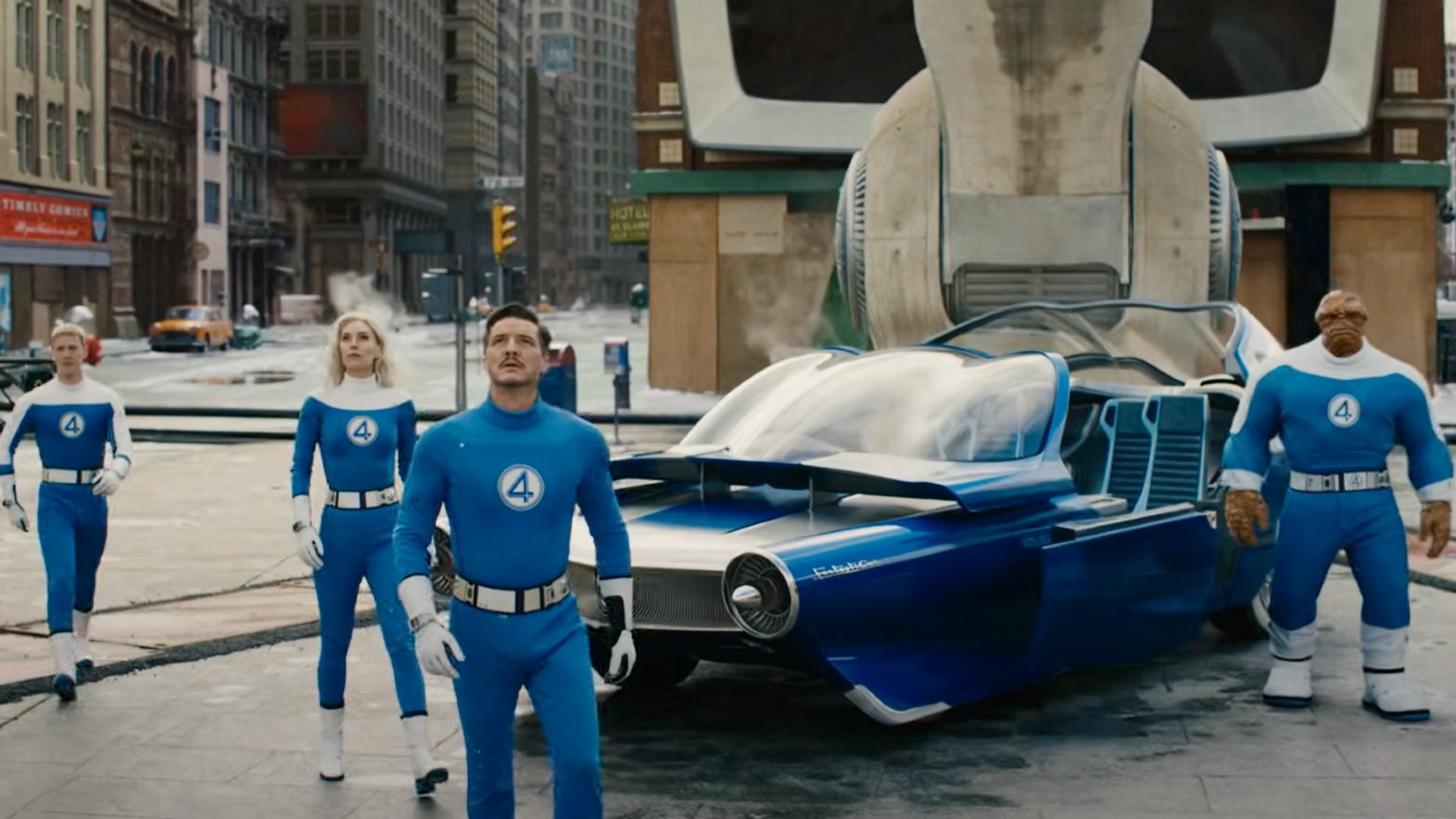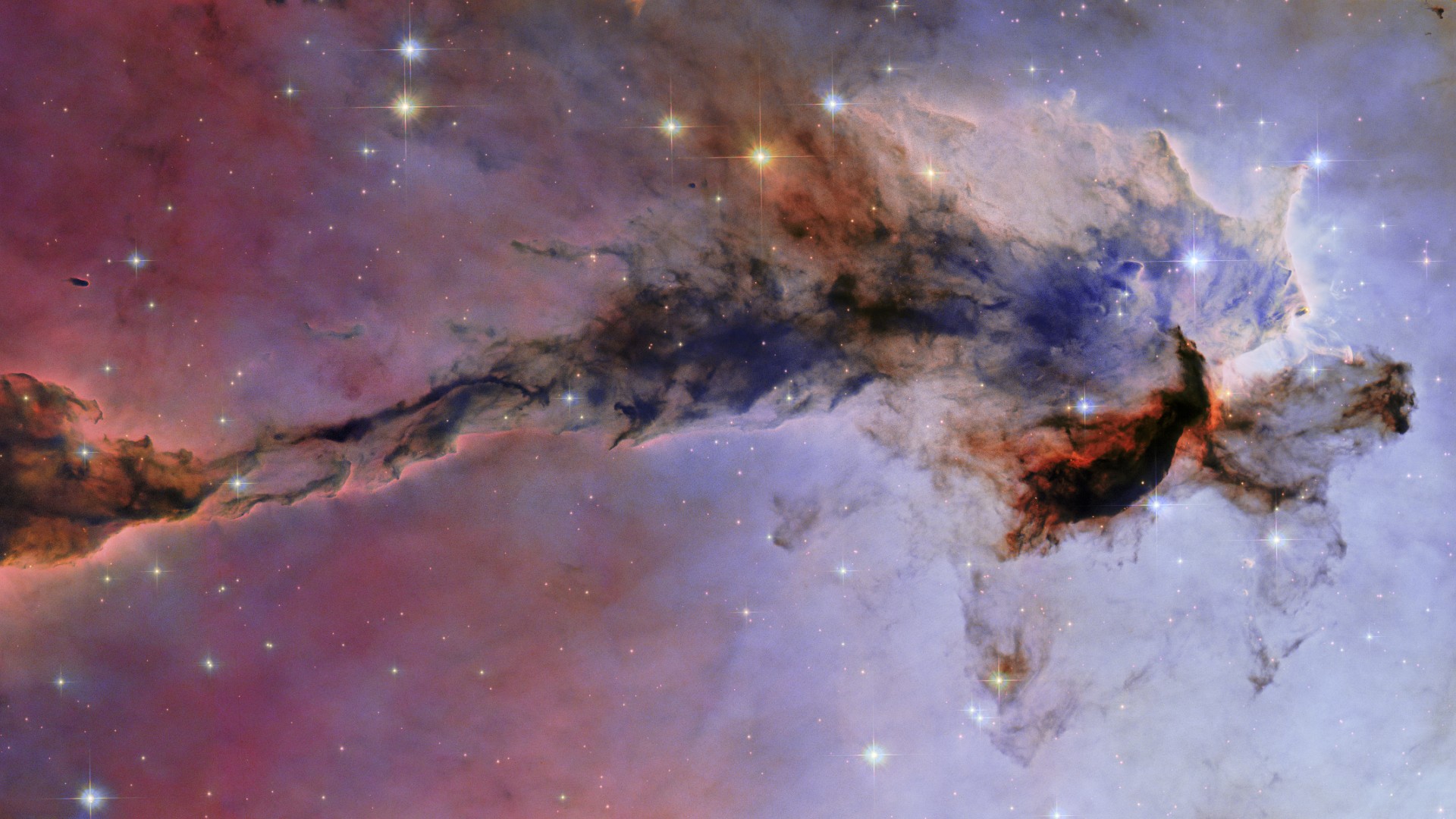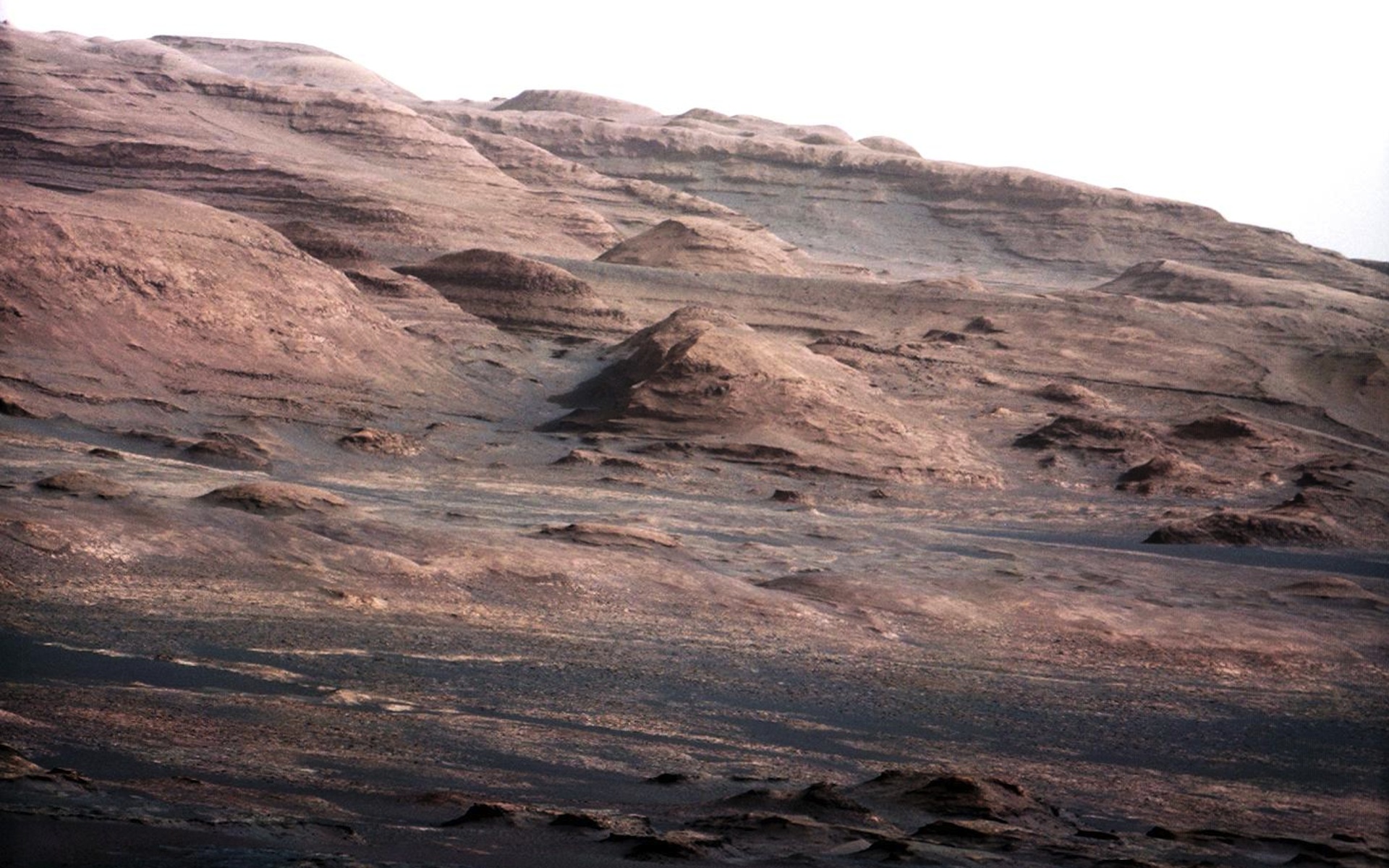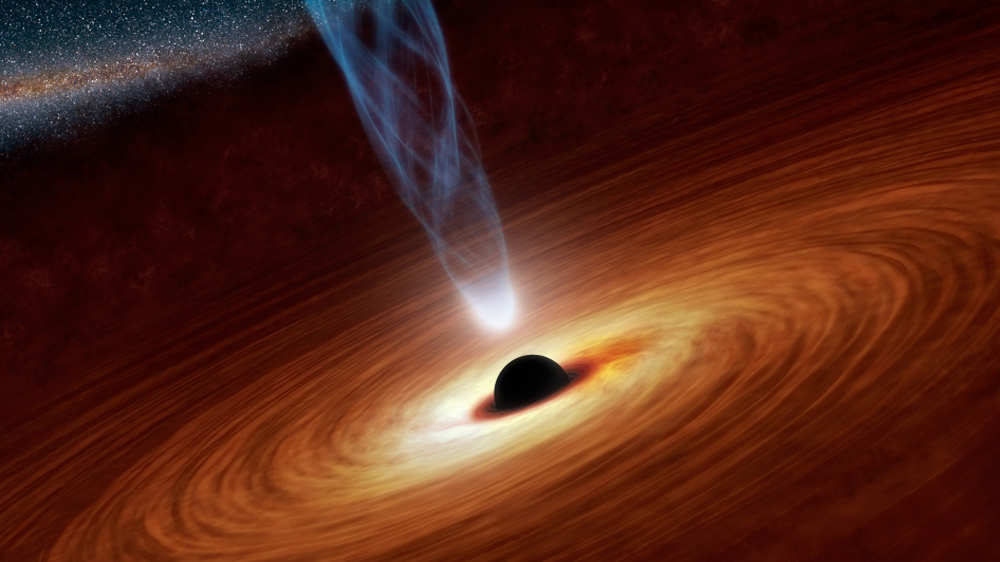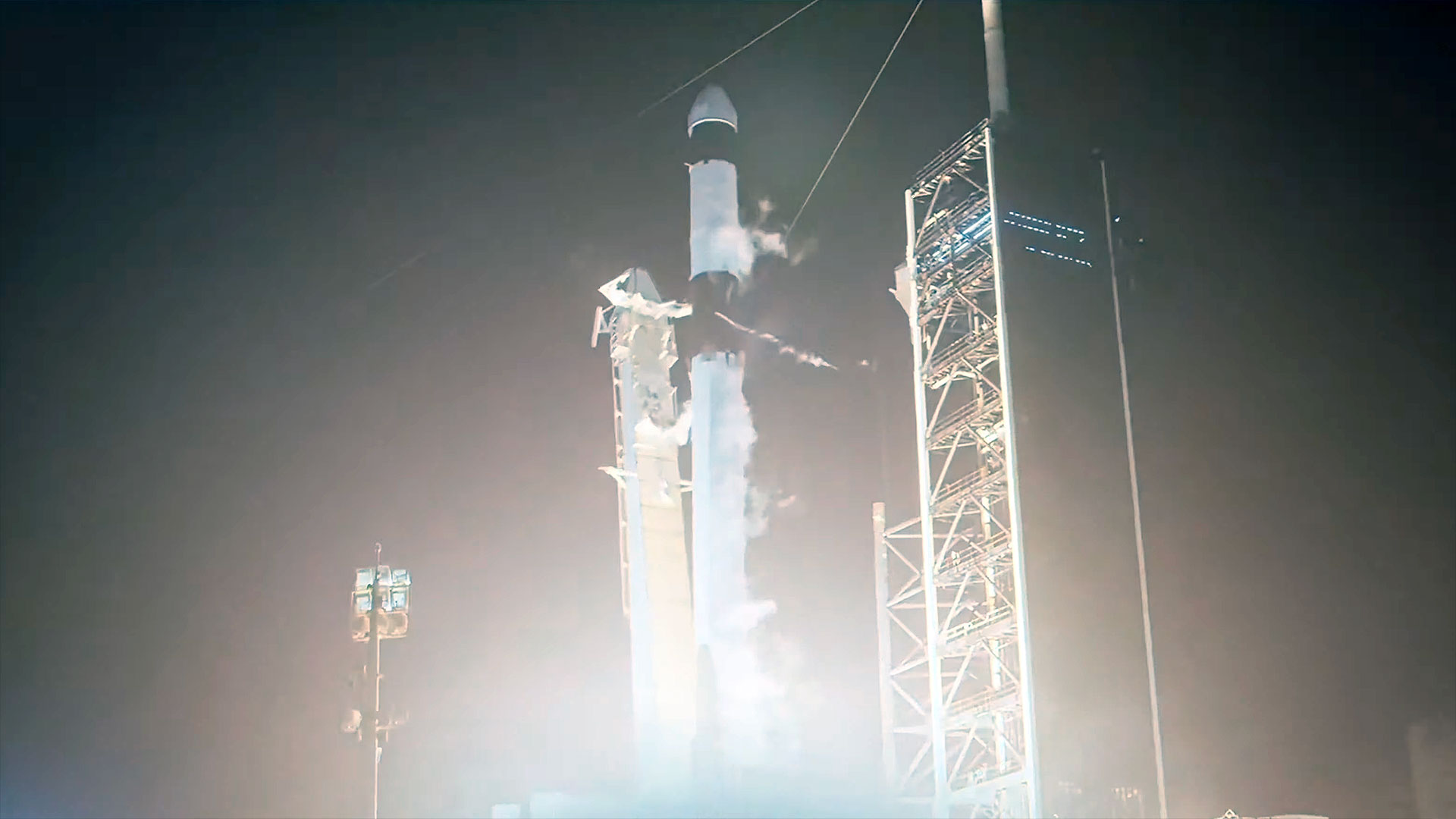Gov't Issues Proposed Space Tourism Rules
WASHINGTON(AP) -- Regular tourist trips into space are still a thing of the future, butthe government is getting ready for the eventual liftoff.
More than120 pages of proposed rules, released Thursday, governing the future of spacetourism touch on everything from medical standards for passengers to preflighttraining.
They spellout qualification and training requirements for the crew, and mandate trainingand informed consent for the "space flight participants"--known inmore earthly terms as passengers.
Theproposal does not include specifications for the space vehicles themselves.
Legislationsigned a year ago by President Bush and designed to help the space industryflourish at its outset without too much government interference requires theFederal Aviation Administration to conduct a ''phased approach'' to regulatingcommercial human space flights.
The firstset of regulations _ dealing with crew qualifications and training and informedconsent for passengers _ is expected to go into effect next June. Some othersafety-related rules cannot by law be issued for eight years unless specificdesign features or operating practices are brought into question as a result ofan incident causing serious injuries or a fatality.
"Thismeans that the FAA has to wait for harm to occur or almost occur before it canimpose restrictions, even against foreseeable harm," the proposal says.
Get the Space.com Newsletter
Breaking space news, the latest updates on rocket launches, skywatching events and more!
Instead,Congress required that passengers be informed of the risks. In turn, passengerswould have to provide written consent before takeoff that they understand andare aware of the risks.
Physicalexams for passengers are recommended but will not be required ''unless a clearpublic safety need is identified,'' the FAA said in the proposed regulations.
Passengersalso would have to be trained on how to respond during emergencies, includingthe loss of cabin pressure, fire and smoke, as well as how to get out of thevehicle safely.
Pilots,meanwhile, must have an FAA pilot certificate and be able to show that theyknow how to operate the vehicle. Student or sport pilot licenses would notqualify.
Crewmembers must have a medical certificate issued within a year of the flight, andtheir physical and mental state must "be sufficient to performsafety-related roles," the rules say.
The FAAalso would require each crew member to be trained to ensure that the vehiclewill not harm the public, such as if it had to be abandoned during a flightemergency.
Lawsgoverning private sector space endeavors, such as satellite launches, haveexisted for some time. But there previously has been no regulation ofcommercial human spaceflight.
In 2001, California businessman Dennis Tito became the world's first space tourist when he rode aRussian Soyuz capsule to the international space station. Mark Shuttleworth, aSouth African Internet magnate, followed a year later on a similar trip, alsopaying $20 million for the ride.
Last year,in a feat considered a breakthrough for the future of private spaceflight, BurtRutan won the $10 million Ansari X Prize by rocketing his SpaceShipOne to theedge of space twice in five days. Rutan achieved his milestone just monthsafter Mike Melvill became the first civilian to pilot a craft, alsoSpaceShipOne, to the boundary of space.
Two monthsago, Greg Olsen, who made millions at a Princeton, N.J., technology company,became the world's third paying space tourist, also by hitching a ride to theinternational space station.
The123-page FAA proposal was published in the Federal Register, the government'sdaily publication of rules and regulations, and will be subject to publiccomment for 60 days, through Feb. 27. Final regulations are expected by June23.
Join our Space Forums to keep talking space on the latest missions, night sky and more! And if you have a news tip, correction or comment, let us know at: community@space.com.
